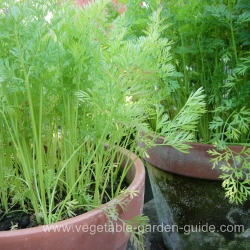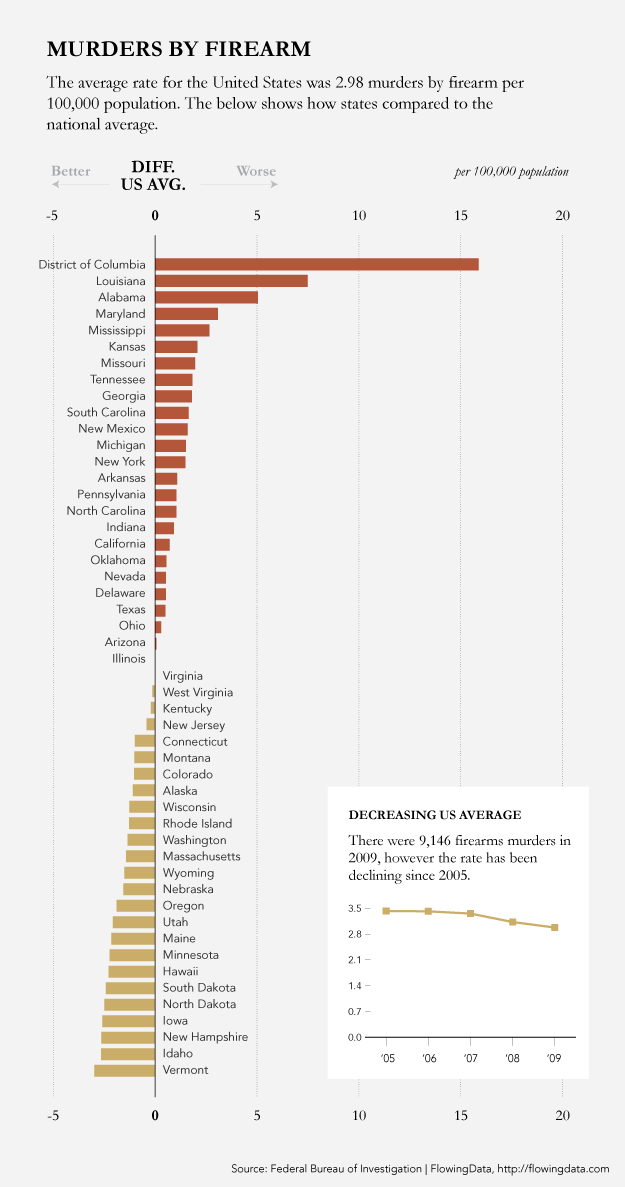There are so many reasons to become more
"Self Reliant"
Get Free...
By Michael Edwards and Jeffrey Green
We
are now three to five generations removed from the rural backbone that
strengthened America. The world at large has undergone a similar
transformation as the promise of easier work has created a migration to
big cities. These mega-cities could be seen as an experiment gone awry,
as general
well-being has declined, with
suicide
rates increasing across the world. Crowded conditions and economic
strife have led to rampant crime, pollution, corporate malfeasance, and a
dog-eat-dog type of competition that can be described as a temporary
insanity.
The economic crisis we are
living through has been the final straw for many people, as promises of a
better, easier, and more creative life seem to have been sold to us by
carnival-style tricksters who are laughing all the way to (their) bank.
Here
are the top reasons for becoming self-sufficient; these are based on
fundamental, systemic concerns for why undertaking this life change will
not be a fly-by-night fad, but rather a long-lasting means for personal
independence.
10 Reasons to Become Self-Sufficient
- Freedom from market manipulation
– The traditional market-driven investment vehicles are more and more
obviously controlled by traders and banking institutions. The debacle
of the private Federal Reserve Bank is just the icing on the cake to a
previous decade full of Ponzi-type schemes. Now, the institutionalized looting of retirement money is being planned.
- Hedging against inflation – Have you noticed the price of goods lately? Even Wal-Mart is silently raising
its prices. People might have a choice whether or not to buy stocks or
gold, but people have to eat — the current increases in basic goods
portend hyperinflation, and will not ease anytime soon. Food shortages could make the problem exponentially worse.
- Increasing health and wellness – It has now been revealed that some “organic” items have been falsely labeled. In addition, a host of “GMO-free” brands have been exposed as deceptive. GMO food lacks the nutritional value of what can be grown in the average backyard. GMO mega-corporation, Monsanto, has a sordid history and has continuously trampled on our trust. It is time that we do the work ourselves.
- Building community strength
– We constantly hear people say, “I don’t even see my neighbors, let
alone know anything about them.” Of course not: 80-hour workweeks and
grabbing meals-to-go doesn’t exactly promote community interaction.
With such little time to interact with our immediate community, it is
no wonder why many people report feeling disconnected. In these trying
times, it is a local community that can offer the best support.
- Working for yourself – Working hours are increasing, pay is often decreasing, and corporate executives are taking bigger bonuses
than ever. This is leading to a prevailing disgust, as people are
being forced to admit that they are living lives of near-indentured
servitude. Even for those not working in corporations, working for
someone else is rarely as satisfying as creating and working for
something where every minute you spend is yours alone.
- Having more free time
– We have been taught to believe that life on a farm is arduous sun-up
to sun-down drudgery where you collapse at the end of the day. This is
not so much the case anymore. Sure, the setup of any farm or
self-sufficient endeavor is often time-consuming and laborious, but new
technologies and new skills of manufacturing food via permaculture and aquaponics
are offering low-cost start up and minimal maintenance, as these
techniques serve to create symbiotic systems that are remarkably
self-governing.
- Generating food and energy security
– The planet is running out of food and traditional energy. Climate
volatility, market forces, GM foods, and rising costs of harvesting and
transporting food are all conspiring to create food shortages
even in the First World. This trend will not reverse. And our
oil-soaked way of life is being threatened by mounting evidence that the
oil lifeline could be disconnecting rather soon. We should be looking
to the air, sun, geothermal, and wave power to wean us from the energy
grid.
- Acquiring an appreciation for life – As
one gets closer to life-giving forces, there is a natural appreciation
for how things come into being. When you have created your garden,
toiled there, selected the best for harvest, and have prepared that food
for your family and community, the significance of what you have taken
part in can be transformative.
- Restoring balance
– Nearly everything in our society is at a peak, or is drastically out
of balance. The systems and governments to which we have looked for
balance restoration are missing in action. We must take it upon
ourselves to restore our own financial and environmental balance sheet.
The best way to do that is to reduce our overconsumption.
- Becoming a producer, not a consumer
– This is the best way to reduce your cost of living and increase your
self-sufficiency. In the U.S. over 70% of the economy is based on
people buying things. This is a clear sign of imbalance and, by
extension, it is not sustainable. Furthermore, we also have seen
corporations race to the bottom
to find low-cost production on the backs of desperate people. The
exploitation of the Third World to clothe, feed, and entertain the First
World is something that most people do not want to think about, but it
is abominable. Again, new technologies are making it easier than ever to
produce your own food, and even your own clothes.
As the cliche goes: Freedom is never free. But it sure beats the alternative.
10 Ways to Get to Self-Sufficiency
The
global economic collapse has become an eye-opening experience for many
people. The ongoing crisis continues to create more joblessness at a
time when the cost of essential items like food and energy continue to
rise.
Inflation is only expected to
continue due to excessive printing of money to compensate for the
bursting economic bubbles, which were arguably created by printing too
much money with artificially low interest rates in the first place.
The
2008 price shocks in oil followed by the financial collapse have led
many people to begin taking measures to become more self-sufficient.
And recently the ominous signs of food shortages, the weakening dollar,
and the rising price of oil all point to a similar atmosphere as 2008.
Some have taken steps to conserve electricity, reduce spending and
consumption, while others are planting kitchen gardens and installing
solar panels on their homes. Even living off the grid is becoming a mainstream concept for those seeking independence.
Indeed,
becoming more self-sufficient is proving to make common sense whether
one anticipates more hardship to come or not. Sure, many of us would
love to live completely off the grid without giving up everyday
comforts, but this is not practical for most of us. However, there are
many steps that can be taken to move towards self-sufficiency which can
be relatively painless and quite rewarding.
The following are 10 suggestions that can lead to independent living:
- Reduce your debt: Especially get your credit card debt under control, since it is entirely corrupt.
Call your credit card companies and ask for a work out plan similar to
what they received from the taxpayer bailout. If they don’t cooperate
to your satisfaction, there are some reasons not to pay at all.
- Reduce your consumption:
Evaluate your current budget and determine absolute necessity. Push
your comfort level to find areas where you can scale back, and then
identify comforts that you’re willing to sacrifice.
- Reduce energy use:
Change light bulbs, have entertainment systems plugged into a splitter
that can be shut off completely to reduce phantom charges, etc.
Carefully plan shopping trips and other transportation needs.
- Store energy:
Always have back-up propane storage and a large wood pile for a rainy
day. Investing in a generator of some kind (even a solar generator) will
be money well spent.
- Invest in food storage:
With a falling dollar and rising food prices, why not create a food
savings account? Get some good books, dehydrators and vacuum sealers
for storage methods. Best storable food items are grains (rice, beans,
flour), canned goods, seeds, and some prepackaged items.
- Produce your own food: Replace your lawn with a garden, fruit trees, and keep chickens. Go on hunting and gathering adventures for nuts, fish, and wild game. Store extra garden seeds!
- Learn new skills: Surf the Internet, read books, and take courses
in practical skills like gardening, cooking with whole foods,
composting, carpentry, alternative energy, natural health and wellness
etc.
- Start a side business: Turn your passion
or hobby into a small side business to make some supplemental income.
Who knows, it may become your path to full financial independence.
- Install alternative energy: Start with small installations like a solar hot water system, a solar freezer, a solar attic fan, or a wood stove etc. If you have limited funds, tip-toe your way to independence.
- Suggest solutions for your community: Start or join a local cooperative
for food, products, and services. Engage your local community in
discussions to take steps for self-sufficiency. Share your story and
build support.
These steps will
save money as we move closer to the ultimate prize of independence.
Each action we take to live more simply frees us from the control
systems put in place to make our lives more complicated, more toxic, and
less independent.
Information From A Different Perspective



 \
\ Please read - especially the information on high blood
pressure.
Please read - especially the information on high blood
pressure. 

 Love Potatoes...
Love Potatoes...